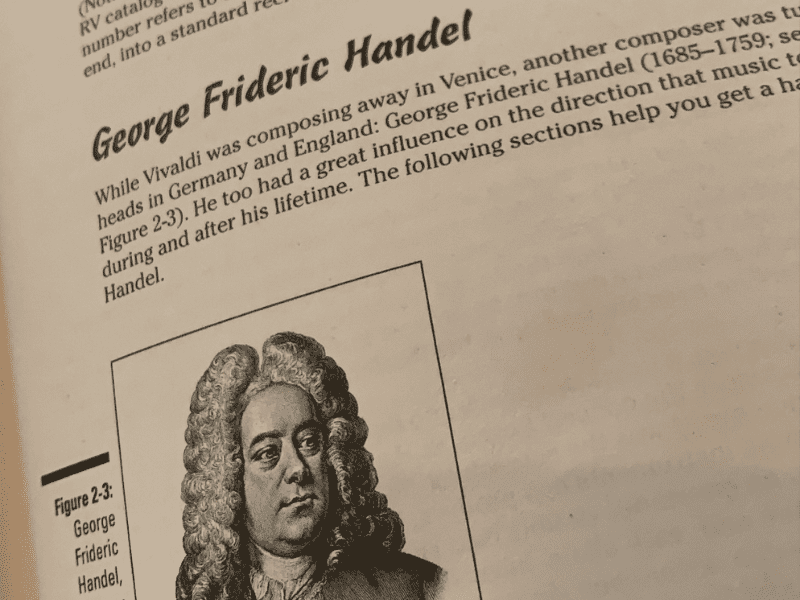
This post may contain affiliate links
We had a very successful CC Community Day, kicking off the kids’ sophomore year! I’m so pleased to be able to record their learning in this 10th Grade: Week 1 Wrap-Up, here on the blog so that we can look back on all that’s been accomplished. I also hope that some of what we share will help future Classical Conversations Challenge 2 students.
Here’s our 10th Grade: Week 1 Wrap Up
Classical Conversations school work begins the week before we meet for our community day at the end of the week. The Dayngrous Duo attends a weekly community day for thirty weeks, where a director facilitates the six seminars. The Dayngrous Duo and I work from a guide/syllabus with assignments for each area of study. Then when we all meet on community day, the Dayngrous Duo recap and review what they did that week in lively discussions with their classmates, broken down by topic.
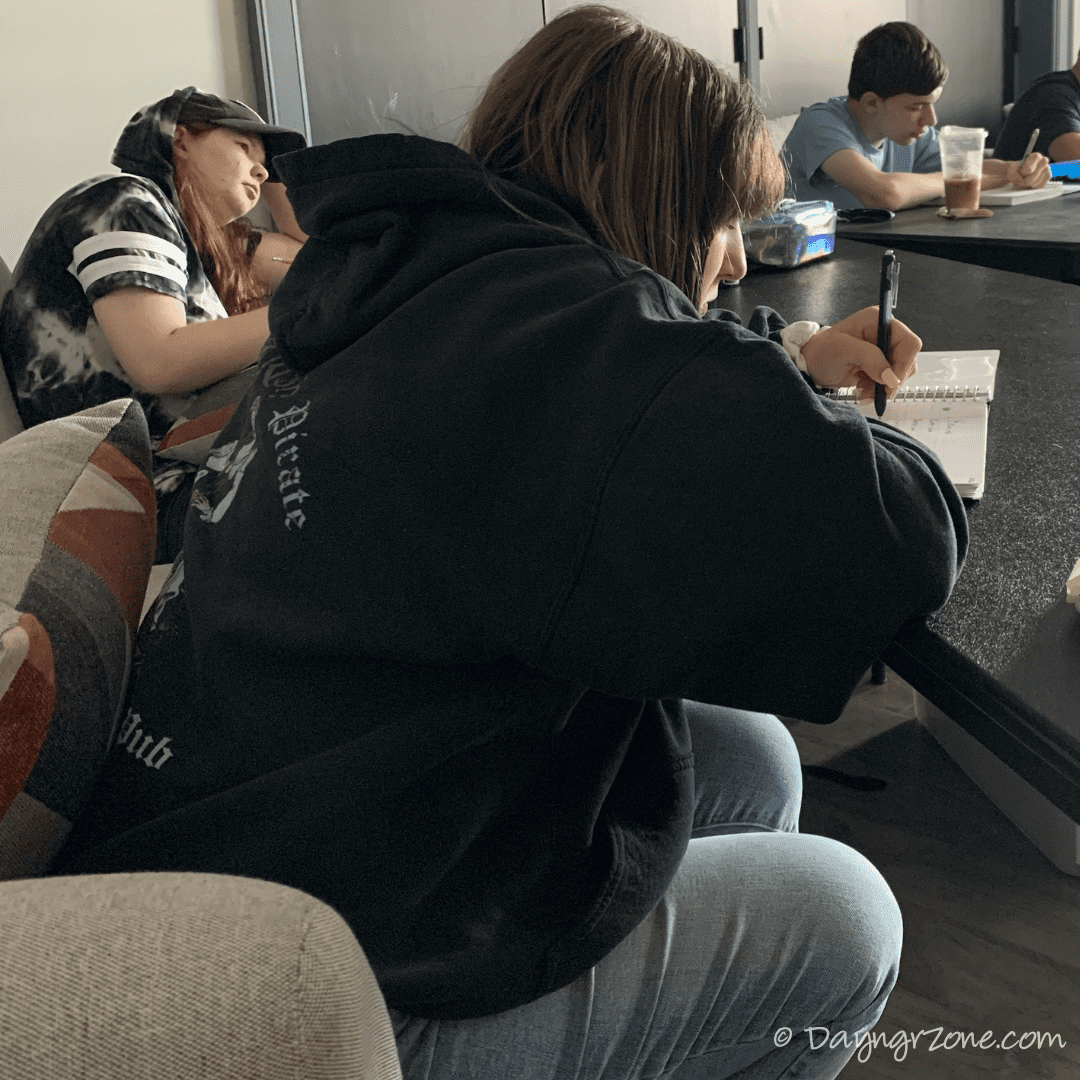
This week we discussed “What makes a miserable person?”. This should help them see that the small choices they make – whether in the actions they take or their reaction to external circumstances will help determine whether they are miserable as an adult. The theme for this year is CHOICES, and we’ll move back to that theme frequently throughout the year.
With that being said, let’s dive into the different seminars.
Exposition / British Literature
They’ve finished their first book Beowulf (we started early) and updated their timelines. In Community (during community day) they began defining the word hero, what qualities a hero has, and examples of people who are heroes in their opinion. They created a character chart which is a skill they’ll need to learn because they’ll do now for each book they read this year. They also began writing out the literary terms as they applied to this epic poem and are keeping track of them in their rhetorical devices notebook. You can see on the board they were discussing some of this.
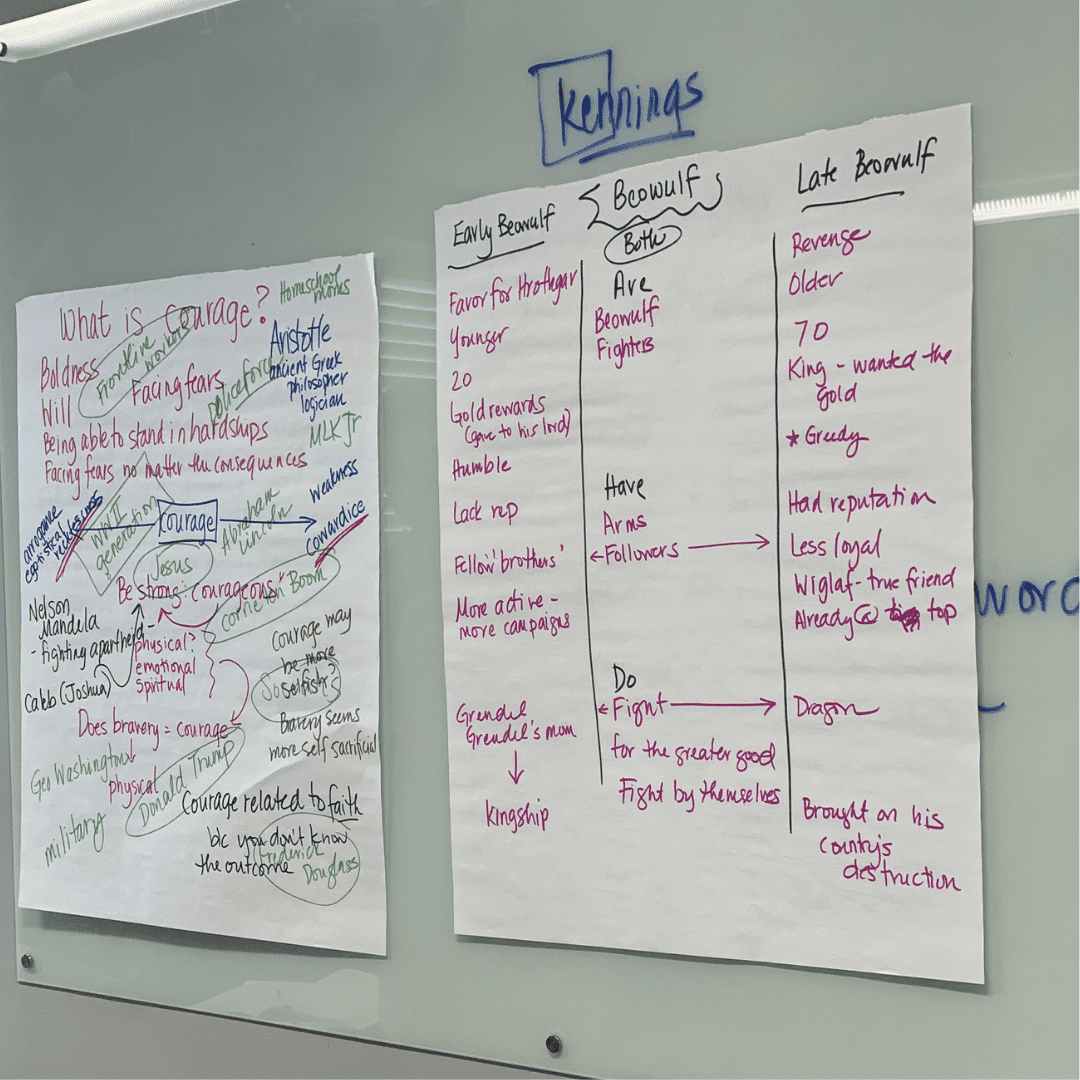
Beowulf Essay Prep and Discussion
In addition to completing Beowulf, they began reading Cantebury Tales in preparation for their upcoming Hero Essay.
Speaking of essays, their director went all out this year. She gave each student a set of bookmarks corresponding to the book(s) and essays they’ll be writing. Each bookmark has a picture of the book and the writing prompt that their essay will be based on. They also contain the semester and week in which they’re due. What s wonderful resource. Exceptional, yet, simple.
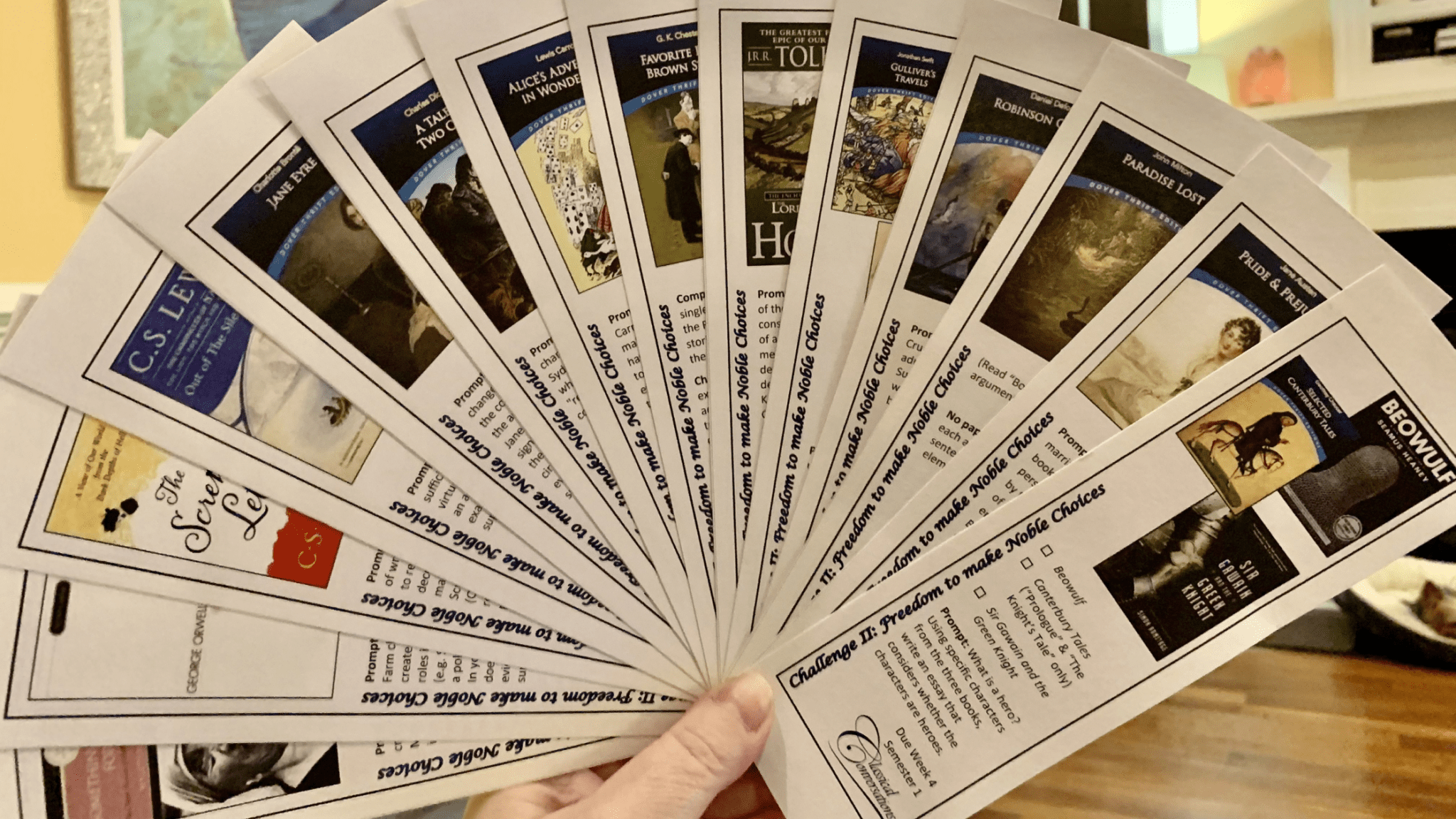
What a wonderful resource
Supplements to build on Beowulf
These are the supplements we use or have used that have been helpful for us.
- Words Aptly Spoken – Brit Lit
- Wakeful Words
- Beowulf Podcast
- Beowulf Summary Video by Animated Books
- Video on Anglo-Saxon England in the time of Beowulf
- Beowulf Animation Video ( Beowulf vs. Grendel)
- Spark Notes: Beowulf
Grammar/Latin
This year, Latin focuses mostly on translation. The children are familiarizing themselves with the layout of the book. As their director stated previously, “...for the most part your student is figuring out why Caesar is killing all those pesky Gauls and his top ten ways to conquer the world. This is where the integration is most beautiful! Because they have learned HOW to learn a language, Spanish or French will be an easy addition to their knowledge base later.”
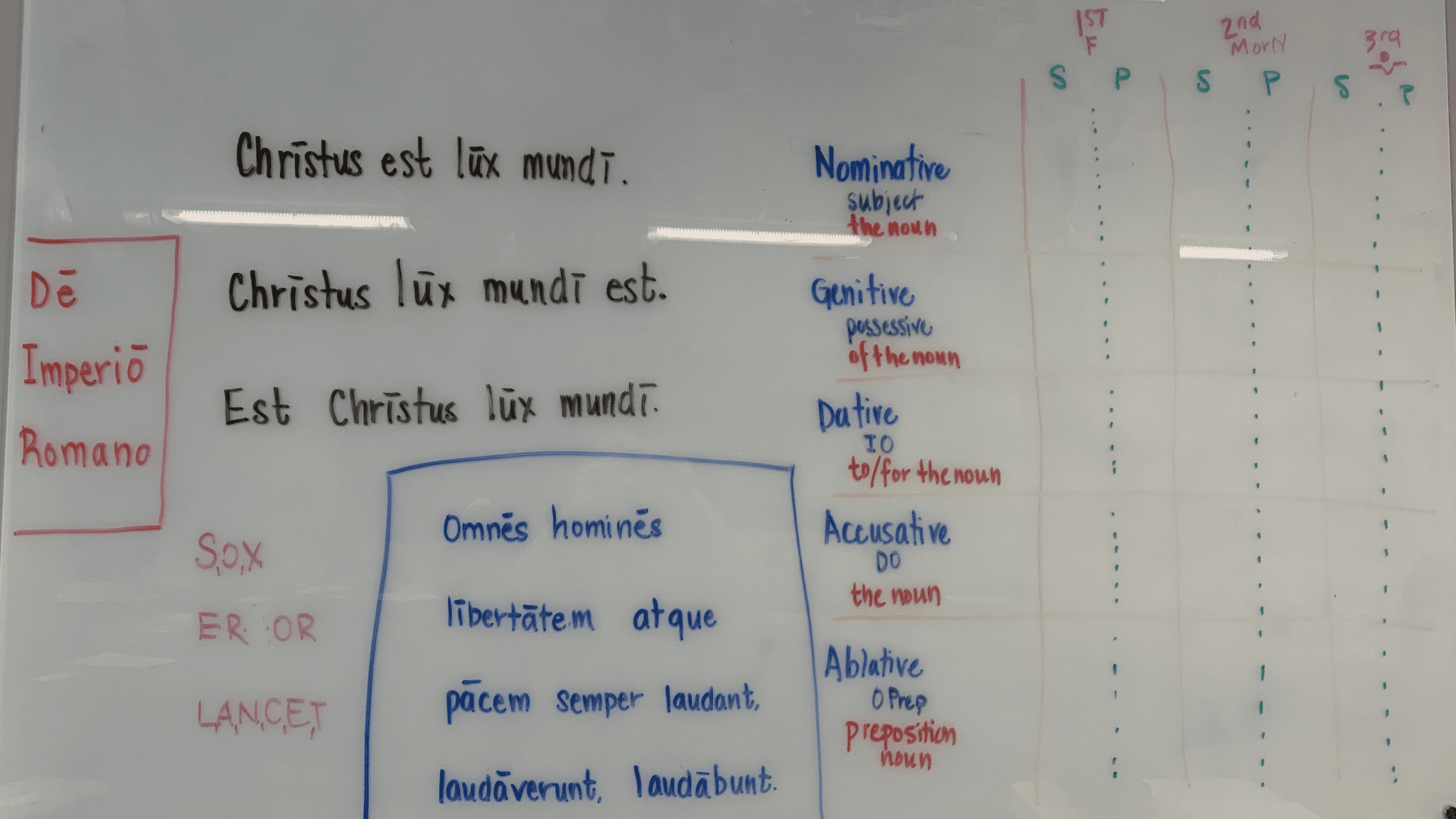
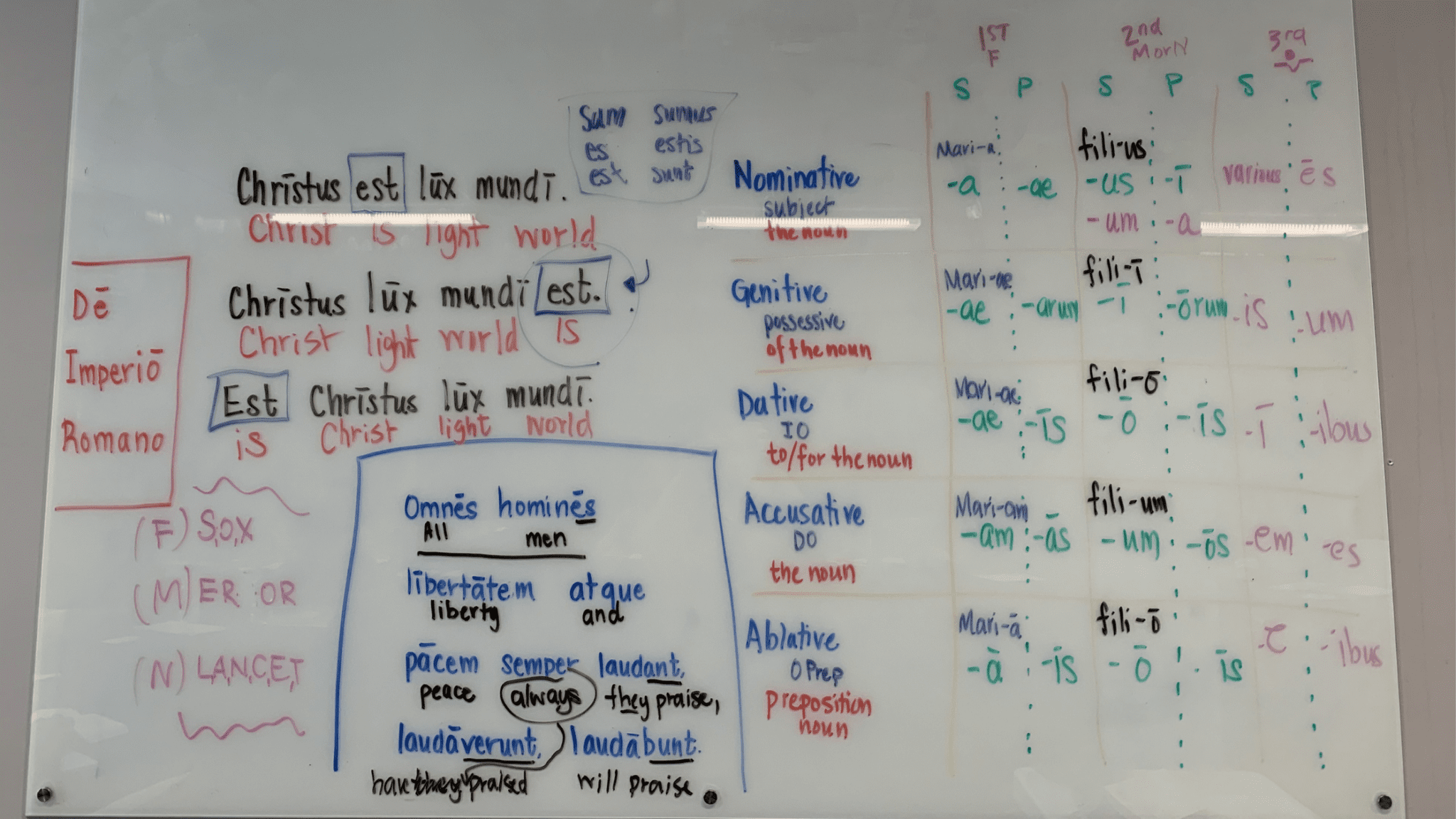
We discussed Napoleon and Christ and looked at an overview of the year. We also reviewed the parts of speech in English and connected them to Latin. They updated their timelines to include Christ and Napoleon.
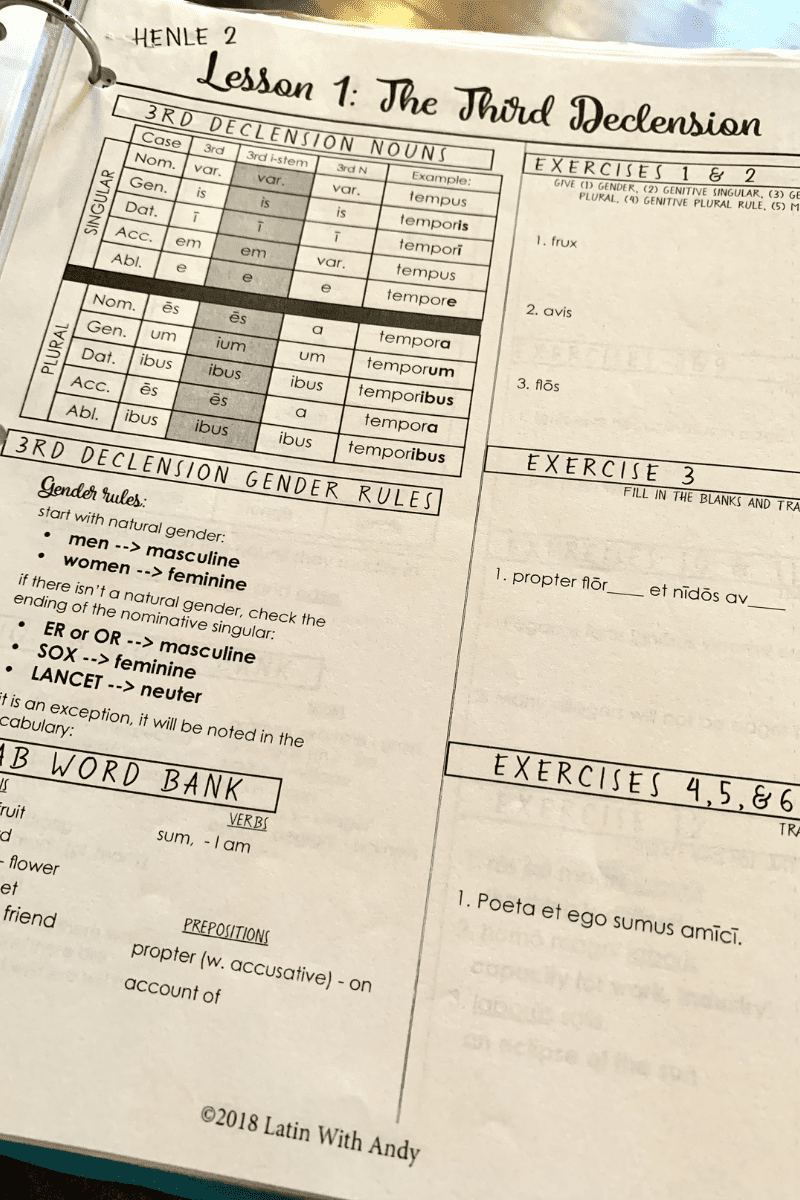
Supplements to build on Latin 2nd Year
These are the supplements we use or have used that have been helpful for us.
- I Heart Latin Videos
- Latin / English Dictionary
- Visual Latin 1 and Visual Latin 2
- Latin with Andy
- Memorizing Latin Videos
- Dwane Thomas
Debate / Western Cultural History (WCH)
We watched Episode I of Francis Schaeffer’s How Should We Then Live – The Roman Age. We also reviewed the book How Should We Then Live. We discussed Cornell Notetaking and reviewed what is expected for the upcoming artist essays due week 3. We also discussed our upcoming debate and learned that teams will be randomly assigned.
We discussed that the majority of the WCH research will come from our State of the Arts, Marvelous to Behold, The Gift of Music, and Classical Music for Dummies and that the kids’ only need to read the parts of the books or chapters that deal with the artistic period, artist, or the composer they are studying. They also received an awesome 3-ring binder from their director with writing prompts to help them take notes on the videos and fill in the information on the artists and composers, along with a notebook. Isn’t that thoughtful and incredibly helpful?
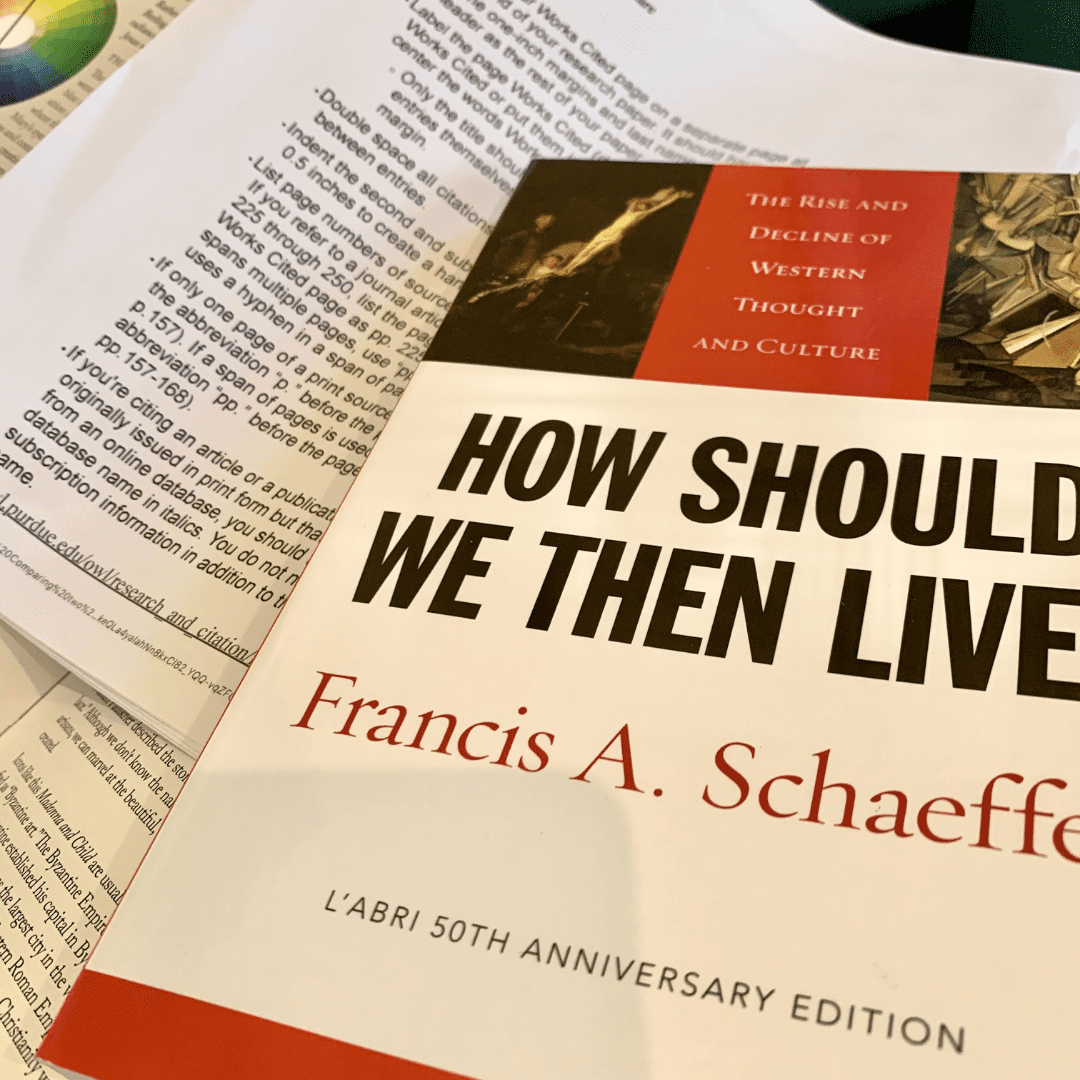
Supplements to build on Western Cultural History
These are the supplements we use or have used that have been helpful for us.
- How Should We Then Live (Video)
- How Should We Then Live (Amazon Prime) You may be able to find this for free on another streaming service
- Cornell Notes Taking System
- Cornell Method for Taking Notes (short video)
10th Grade: Week 1 – Conversations We Had at Home
- What is a hero?
- What was surprising to you about early British history? Were there any potential heroes mentioned in the podcast?
- Do you agree with Napoleon’s characteristics of human leaders? Are there any you would add? If so, what?
- In the Berlinghiero painting of Madonna and Child, is Berlinghiero’s vision of Mary and Jesus how you would imagine them? Why or why not?
- What are you worried most about with Biology? Why?
- In Logic, what are truth, soundness, and validity?
What do you think? Is this anything like what your 10th graders are studying? Is this anything like what you studied in 10th grade? I can tell you it wasn’t much like what I learned in 10th grade.
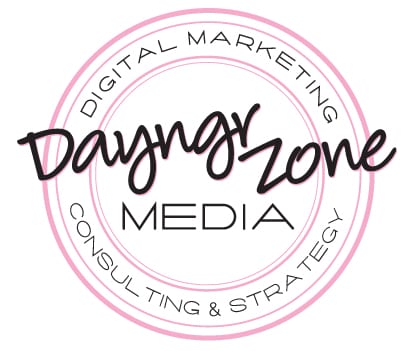

Trish says
Thoughts? I’d love to hear from you!